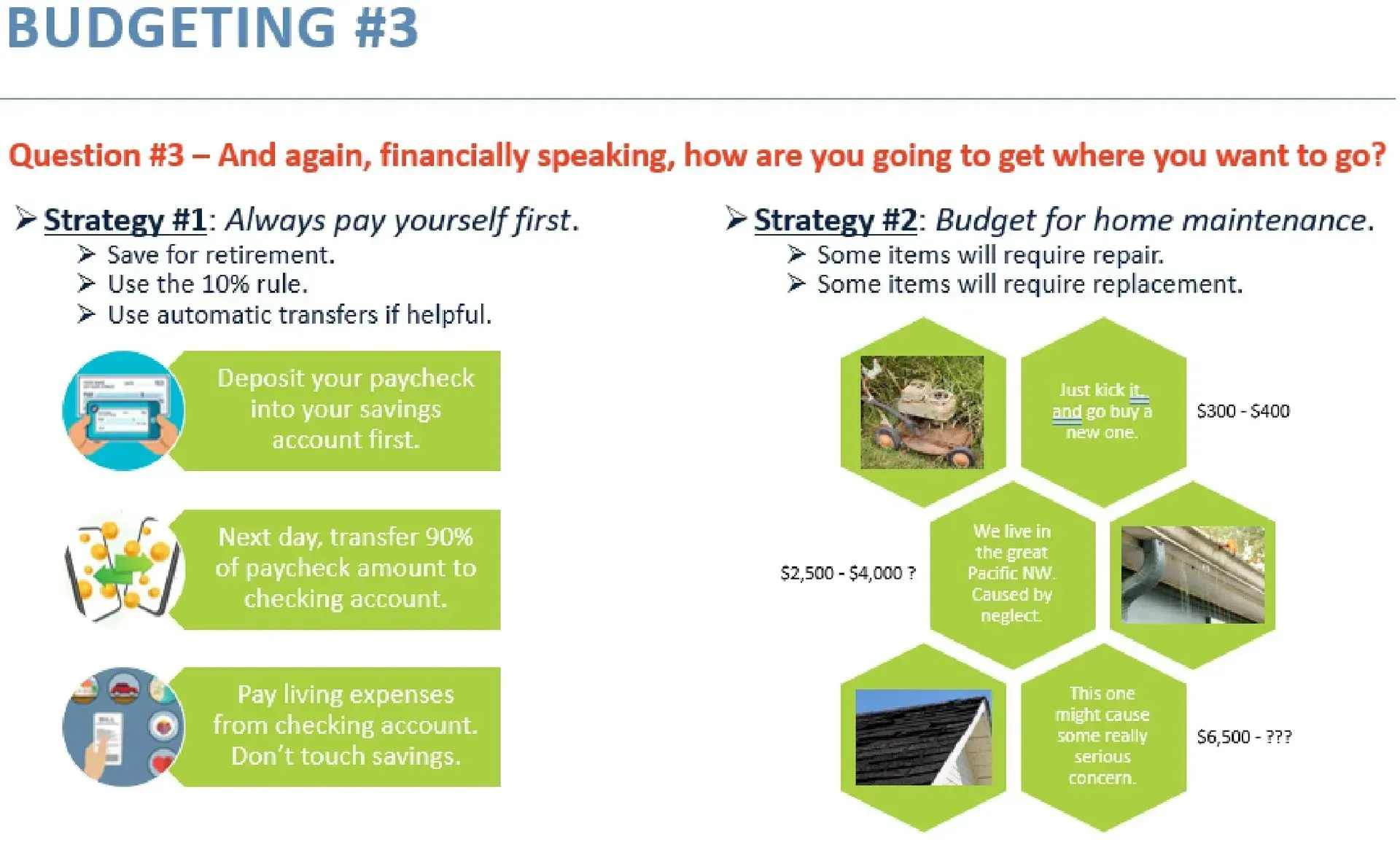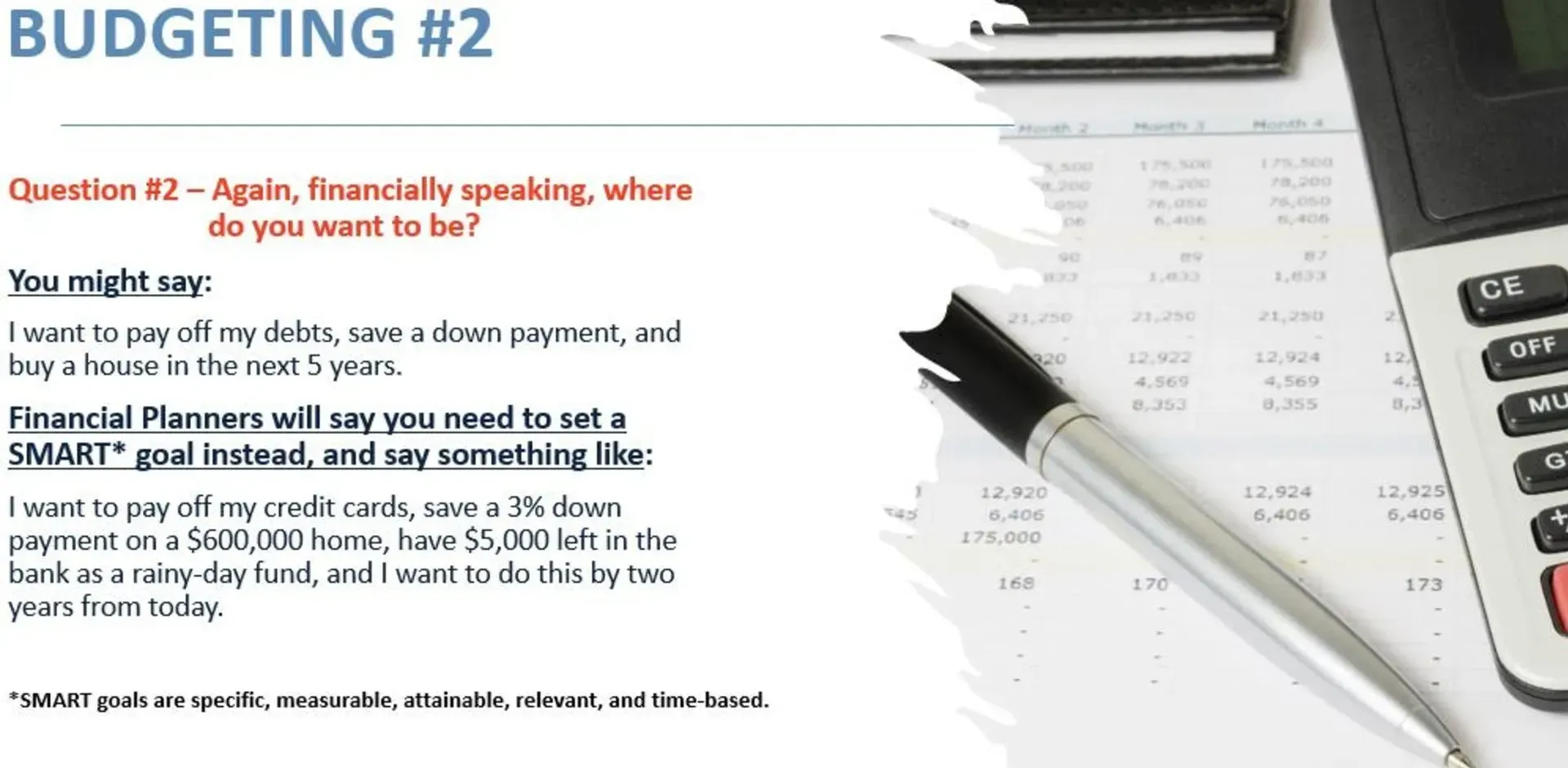Why Your Preapproval is Such a Big Deal?

People ask me why a fully-documented preapproval is such a big deal. Here's why. I've spoken about this before, but in light of today's lower interest rates, this question bears being brought to light again. Let's assume that you're selling your home, and because of the conditions of our current market, you receive several very good offers in the first couple days after going on market. What do you do? Which buyer are you going to engage with? How do you pick? If you have a really good listing broker, he or she will make some phone calls and talk with the selling brokers representing the various buyers, and ask questions about their buyers. The very first, and by far the most meaningful question should be "Have your buyers obtained a fully-documented preapproval?" Don't worry about the terms "prequalification" or "preapproval"... They don't really matter. But what does matter is the term "fully-documented".
This means that the buyer has already submitted all their necessary documentation, such as paystubs, W2's, tax returns, asset statements, a tri-merge credit report, and any other documentation required by their lender. AND it means that their lender has at least gone so far as to obtain an Automated Underwriting Decision (AUS). If they haven't done this, disregard any prequalification letter they might have presented, because it's meaningless. Simply move on to the next prospective buyer. If they have done this, then they've proven themselves to be serious buyers, and you should consider their offer accordingly - with your listing broker's assistance, of course. Preapproved buyers' loans have the best chance of actually closing, and that's what you want as a seller.
I, myself, have even received calls from listing agents while I was grocery shopping, or watching my nephew's soccer game, or attending my daughters' band concerts. Calls from listing agents doing their due diligence, going a step beyond calling the real estate broker representing the buyer, and asking how thoroughly I did my clients' preapprovals. Would that more listing brokers would be this diligent! You may choose a different way to conduct your business - that's your decision. But I can honestly say that many of the buyers I've assisted over the years have actually won in multiple-offer situations, solely based on the fact that I did a fully-documented preapproval for them, and on the strength of the preapproval letter I provided to the real estate broker that represented them.
Remember - a fully-documented preapproval is "where the rubber meets the road". If you have any questions about this topic, please feel free to reach out to me anytime. Remember, I don't work 9-5, I work start-to-finish, and I will always give you straight talk without any sales talk.

Home Mortgage Loan Reviews
Cierra & Jonathan
Jim was absolutely instrumental in our first ever home purchase! He welcomed all of our questions with such warmth and his expertise and respect for our budget made it possible for us to buy the house of our dreams in a market that sometimes felt impossible. We are so grateful to have worked with Him.
Mikahla M.
Jim was amazing and took fantastic care of our mutual clients! He is very communicative and detail oriented, highly recommend!
Tracy H.
I’m always impressed with Jim’s knowledge. If you have questions about home loans and what’s best for you, give Jim a call!
Autumn E.
What more can I say other than how much money he saved me! I went from a mortgage that was drowning me to $800 less per month… That’s beyond HUGE. His whole rate and more secure fabulous rate and more fabulous mortgage payment!
Andrea S.
Jim was very informative in providing details, helping us to select the best loan, and guiding us to the best rate. He walked us through the process of filling out the loan paperwork and was in constant communication throughout the process.
Emma B.
Jim, from start to finish, has been our golden ticket during the process of buying our first home. We met Jim through the homebuyers education class he hosts and we knew right away he was a perfect fit for us. He’s honest, easy to get hold of and efficient. We can’t thank you enough, Jim - you’re the best of the best!
Rachel C.
Jim was very pleasant to work with he understood and worked with all our needs, and made us feel comfortable and confident in our choices. It was a great experience with great communication with everyone involved. We are happy with what Jim provided for us.
Debrah J.
Jim was great to work with. The process was speedy and seamless. We were well informed all along the way.
Mary D.
We have worked with Jim for many years when we purchased our homes or refinanced. He is very knowledgeable about the financial market and transparent. We appreciate that he has our best interest at heart, even if it may not benefit him. Jim is very responsive and we are extremely pleased to have worked with him again on our home loan needs. We absolutely will refer our friends and family to him!
Gerald C.
The outstanding service from Jim and his team was exceptional. The process was painless. And any issues that arose were dealt with quickly and professionally. I will highly recommend.
Tess L.
As first-time homebuyers, we were very nervous about all the complex pieces of this process. Jim was very patient with us and explained everything in detail and answered all our nervous questions with patience and understanding! Could not recommend more!
Jose A.
Jim has been fantastic with us! He has been prompt, honest, professional & a pleasure. I would recommend. 10/10! We look forward to working with Jim for the rest of our lives.
Samantha W.
Jim was amazing, the whole team took care of us and was always there. Thank you!
Adam M.
We had a great experience with Jim. We started in a home buyers class in June, 2016, and he coached us several times even before we were actually ready to buy. He told us exactly what to do, and when and how to do it. He was always available to meet when we needed him, including after regular business hours.
Brian F.
Jim was so responsive and extremely patient with all our questions. And the best part was that there weren't any negative surprises! We will certainly refer others to Jim.
Britt J.
From start to finish Jim has helped us every step of the way. We had many, many questions that he was more than happy to walk us through. We highly recommend using Jim Eyre and his team.
Matthew W.
Jim has been incredibly helpful and a pleasure to work with through the entire process, not only with paperwork, but also personally. Thank you so very much!
Browse My Website
Contact Information
Phone: (425) 210-2963
Email: jeyre@nexamortgage.com
Operating From 13320 Hwy 99, Unit 197, Everett, WA 98204
License: NMLS #442452
Corporate NMLS # 1660690
All Rights Reserved | Jim Eyre




